Traditional knowledge needed to bring back B.C. caribou
(Source, David Suzuki Foundation)
VANCOUVER, DECEMBER 6, 2016 — Traditional ecological knowledge offers one of the best solutions to help the Chinchaga caribou herd in the face of numerous threats to their survival, according to a report released today by the Doig River First Nation, Firelight Group and David Suzuki Foundation.
The report identifies priority areas of restoration for the herd in northern B.C. The Province of British Columbia must complete a range plan for the Chinchaga herd that identifies restoration objectives by October 2017 to comply with the caribou’s Recovery Strategy under Canada’s Species at Risk Act (SARA). That’s less than a year away.
Based on interviews with members of the northern B.C. First Nation, about 700 kilometres northwest of Edmonton, the report documents multi-generational stories and practical knowledge about hunting, trapping and cultural and spiritual practices relating to caribou.
“My people have harvested caribou in this area for millennia,” said Chief Trevor Makadahay. “In only a few generations, industrial exploitation of these lands has diminished caribou populations to the point that there are no longer enough caribou for us to sustain ourselves.”
In 2012, the federal government assessed that 74 per cent of the Chinchaga caribou Range had been impacted by forestry, oil and gas operations and roads. The local caribou population is listed as threatened under the SARA. Though some protective measures have been enacted through the Boreal Caribou Implementation Plan, oil and gas development has occurred at a rapid pace within winter ranges and calving habitat, and forestry activities have continued largely unchecked.
“The stories that come from intergenerational, place-based traditional ecological knowledge are far richer than those obtained from formal scientific methods such as radio-collaring and deserve a place at the forefront of recovery planning,” said David Suzuki Foundation policy manager Rachel Plotkin.
“This work is a great example of how Indigenous expertise and strong ecological science can be brought together to support First Nations leadership in restoration of species at risk,” added Firelight Group ecology director Carolyn Whittaker.
The report highlights that indigenous cultures in Canada have a deep-rooted responsibility to steward the land, especially in light of the failure to adequately do so by government.
“My people have a responsibility to the land to steward it for future generations. There needs to be a place at decision-making tables for our knowledge of the land,” Chief Makadahay said. “The elders in my community want to eat caribou again before they die. Doig River First Nation is ready to play a leadership role in planning for caribou habitat restoration.”
The report maps priority restoration areas and identifies 14 management recommendations for caribou in the Chinchaga range.
Download a copy of the report at www.davidsuzuki.org. For further information, please contact:
Jode Roberts, David Suzuki Foundation: 647.456.9752 jroberts@davidsuzuki.org


